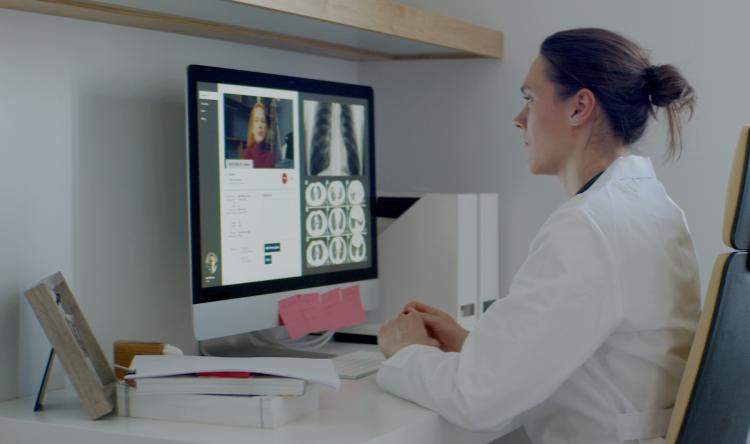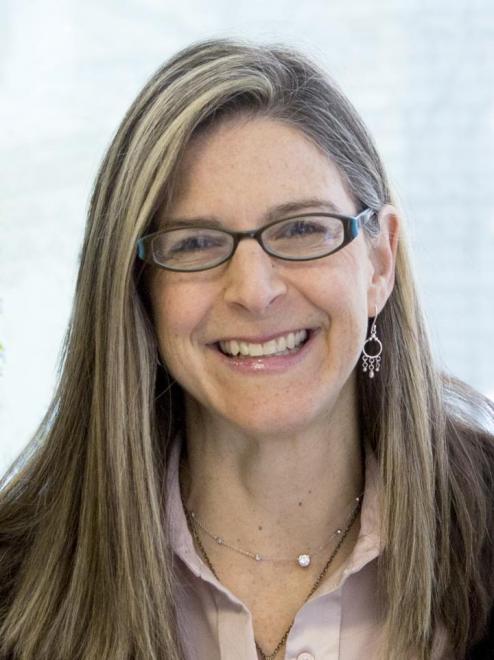Health organizations across the state are preparing to meet new federal requirements that greatly expand access, use and exchange of health records. In addition to improving the transparency and portability of patient data throughout the health system, the new rules, set to go into effect in April, give patients direct access to and better control of their personal health information.
A number of new online resources are available to help health systems and practitioners as they make this transition, including from OpenNotes, a pioneer in providing patients with on-demand access to clinical notes with efforts at Beth Israel Deaconess Medical Center dating back to the mid-2000s.
OpenNotes has a page on its website that explains the key attributes of the new federal requirements. And the American Medical Association offers a detailed summary of the new rules plus a two-part toolkit: What is information blocking? and How do I comply with info blocking and where do I start?
Sigall Bell, M.D., Director of Patient Safety and Discovery at OpenNotes, sees the new federal rules as a timely opportunity. The rules effectively make open notes universal in most circumstances, which may be especially helpful right now. With COVID-19 and the massive shift to telehealth and more home-based care, “We’re relying even more on patients and families to remember things between care encounters, many of which may be virtual,” says Dr. Bell. “Having visit notes supports patients, families and care partners and helps them stay on track.”
OpenNotes recently hosted a virtual “Ask Me Anything” session with researchers and clinical experts. The session covered implementation questions, including how to handle sensitive information that some clinicians may be reluctant to document in notes.
Experienced OpenNotes clinicians recommend talking openly and honestly about sensitive topics during medical visits to avoid catching patients off guard when they subsequently read the notes. Answering a question about how to document suspected drug-seeking behavior, an OpenNotes expert observed:
… patients are most upset when they feel “ambushed” by information that was not addressed within the session. It is when there is discordance between what is talked about in session and then written in the note that generates the most distress and upset by patients.
Dr. Bell agrees that clinicians should “Say what you write and write what you say so that the note reflects the visit.”
Research shows the benefits of patient access to medical records. In a recent study of nearly 30,000 patients who use open notes, more than 90% feel they are able to comprehend visit notes and find them to be accurate, with few differences across socioeconomic or health-related groups.
Regulations stem from 21st Century Cures Act
The new federal requirements appear in a “Final Rule” related to the 21st Century Cures Act signed by President Obama in 2016. The Office of the National Coordinator for Health Information Technology (ONC) is responsible for developing and implementing the Final Rule, which is focused on preventing “information blocking” or practices that discourage or impede the ability of physicians, hospitals, health information networks, and patients to access health records.
It requires that electronic information be easily accessible for free as well as interoperable, meaning that it can be transmitted among different technologies and platforms. The rule applies to hospitals, physicians and other organizations, including ambulatory surgical centers, nursing facilities, pharmacies and more.
The U.S. Department of Health and Human Services’ Office of the Inspector General has the authority to investigate and enforce the Information Blocking Rule; specific penalties have not yet been announced. The Final Rule was to become effective this month but was delayed to April 5, 2021, in deference to the extraordinary work that clinicians and organizations are doing in response to the coronavirus pandemic.
ONC is also updating criteria for certification of health information technology to include mobile apps. Patients will be able to use smartphone apps of their choosing to manage their health similar to how they manage banking, shopping and other aspects of daily life. The certified apps are expected to become available starting in 2021.


